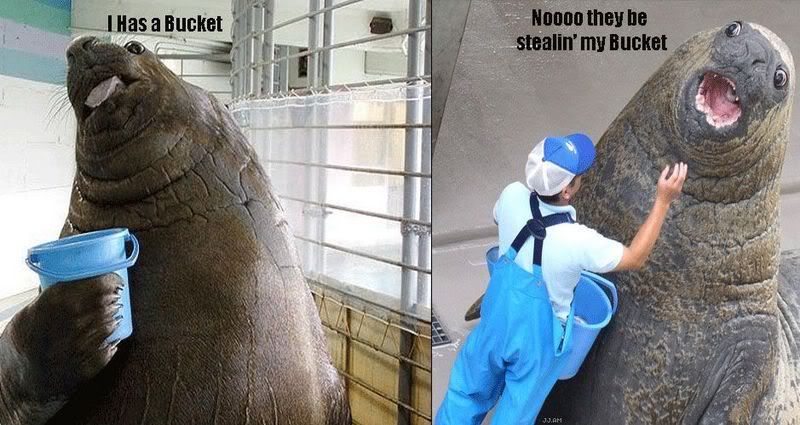| Hip Priest |
06.18.2007 05:53 PM |
NEANDERTHALS as innovators? That the concept seems amusing goes to show how our sister species has become the butt of our jokes. Yet in the Middle Palaeolithic, some 300,000 years ago, innovation is what the Neanderthals were up to.
This period is usually regarded as undramatic in cultural and evolutionary terms, with little in the way of technological or cognitive development. Palaeoanthropologists get more excited about the changes in tools found later, as the Middle Palaeolithic gave way to the Upper, and as modern humans replaced Neanderthals, some 40,000 years ago.
Terry Hopkinson of the University of Leicester, UK, has now challenged this view, showing that Neanderthals were far from behaviourally static. They incorporated different forms of tool construction into a single technique, and learned to cope with the ecological challenges posed by habitats in eastern Europe.
"There has been a consensus that the modern human mind turned on like a light switch about 50,000 years ago, only in Africa," says Hopkinson. But the putatively modern traits accompanying the change, such as abstract art, the use of grindstones and elongated stone blades, and big game hunting began to accumulate in Africa from 300,000 years ago, he says. "It was the same in Europe with Neanderthals, there was a gradual accumulation of technology." If Homo sapiens developed human traits gradually, then why not Neanderthals?
“As with Homo sapiens in Africa, Neanderthals gradually accumulated technology and developed human traits”
Archaeological finds from across Europe show that the Neanderthals fused two forms of toolmaking, the façonnage and the débitage techniques. In the former a stone core is shaped by chipping off flakes of flint, the latter involves producing sharp-edged flakes from a core. In the Lower Palaeolithic, more than 300,000 years ago, the two techniques were practised separately, but Hopkinson argues that during the Middle Palaeolithic they were fused into a single method, the Levallois reduction technique (Antiquity, vol 81, p 294).
At the same time as this was occurring, excavations show that Neanderthals spread into central and eastern Europe, regions where they and their forebears, Homo heidelbergensis, had hitherto been unable to settle. In western Europe, the influence of the Atlantic ameliorates the extreme seasonality of the continent, but away from this, the environment was too harsh for them to cope. "The eastern expansion shows that the Neanderthals became capable of managing their lives and their landscapes in strongly seasonal environments," says Hopkinson.
This period is commonly thought to be characterised by long periods of little change in technological and perhaps also cognitive development, says Katerina Harvati of the department of human evolution at the Max Planck Institute for Evolutionary Anthropology in Leipzig, Germany. "This analysis highlights important aspects of Neanderthal cultural and cognitive evolution which are not always emphasised," she says.
Neanderthals have typically been thought of as incapable of innovation, as it was assumed to be something unique to Homo sapiens, says Hopkinson. "With this evidence of innovation it becomes difficult to exclude Neanderthals from the concept of humanity."
From issue 2608 of New Scientist magazine, 13 June 2007, page 12
|






 actually my desktop for now
actually my desktop for now